Speeches often mention how Finland has a well-educated population and harbours much specialist expertise. But who ultimately knows what exact skills there are? Headai wants to map this expertise – and help Finland make an even bigger mark on the world.
“As the labour markets change, there must be mechanisms to see what direction expertise should be guided in,” says Harri Ketamo, founder of Headai.
Who ultimately knows what skills there are?
Headai models skills with a technology that produces maps of it from open data online using artificial intelligence. Headai can be used, for example, for companies to see what expertise they currently have enough of and where it is lacking.
“And I don’t mean layoffs or that two engineers are needed. I mean detailed, specific expertise. Knowledge about how employees need to be retrained or what type of expertise needs to be acquired externally.”
This also helps generate new business: what type of expertise should be created that others do not have?
The Headai team believes the real influx of jobs will come if foreign companies can be attracted to Finland by mapping expertise. The goal of Peter Vesterbacka, who is part of the team, is to attract 5,000 Chinese start-ups to Finland over the next few years. Even if a thousand of those decided to stay, that would create 100,000 jobs, according to Ketamo.
“This will only be possible if Finland is made attractive.”
For example, let’s take a Chinese firm that wishes to establish a research and development centre in Europe. The company will decide on the location based on what type of expertise is available in each respective country.
“Artificial intelligence will be able to recognise Finland’s education expertise from the school curriculums,” Ketamo says.
Headai can tell what skills we have and what we lack.
At the same time, the Ministry of Employment and the Economy will acquire real-time information on what expertise Finland has – and will also learn about what areas hold few prospects for job creation. In turn, the Ministry of Education and Culture will be able to see what type of education is needed. Later, once we have data on sufficiently long time periods, Ketamo says we will even be able to predict what direction a trend will develop.
“The impact of optimising labour and education is in the billions of euros. We cannot maximise our productivity if we do not begin managing expertise.”
There is often a fear that artificial intelligence will eliminate jobs, but it can also create them – and do work that otherwise would not be possible. Mapping for 200 000 companies manually requires 100M hours manual professional work. “There is an enormous amount of routine work that simply cannot be done by people.”
Headai intends to use open data for all of this. The data is available online for anyone to use.
According to Ketamo the technological components to the solution already exist, as do the interfaces to open data. The next step is to scale the use among companies and ministries. This is where Sitra’s support and prestige is necessary, Ketamo believes.
“It has been a pleasant surprise that we have already found dozens of co-operation partners that have joined because this benefits them. Success in international competitions has helped prove that it works.”
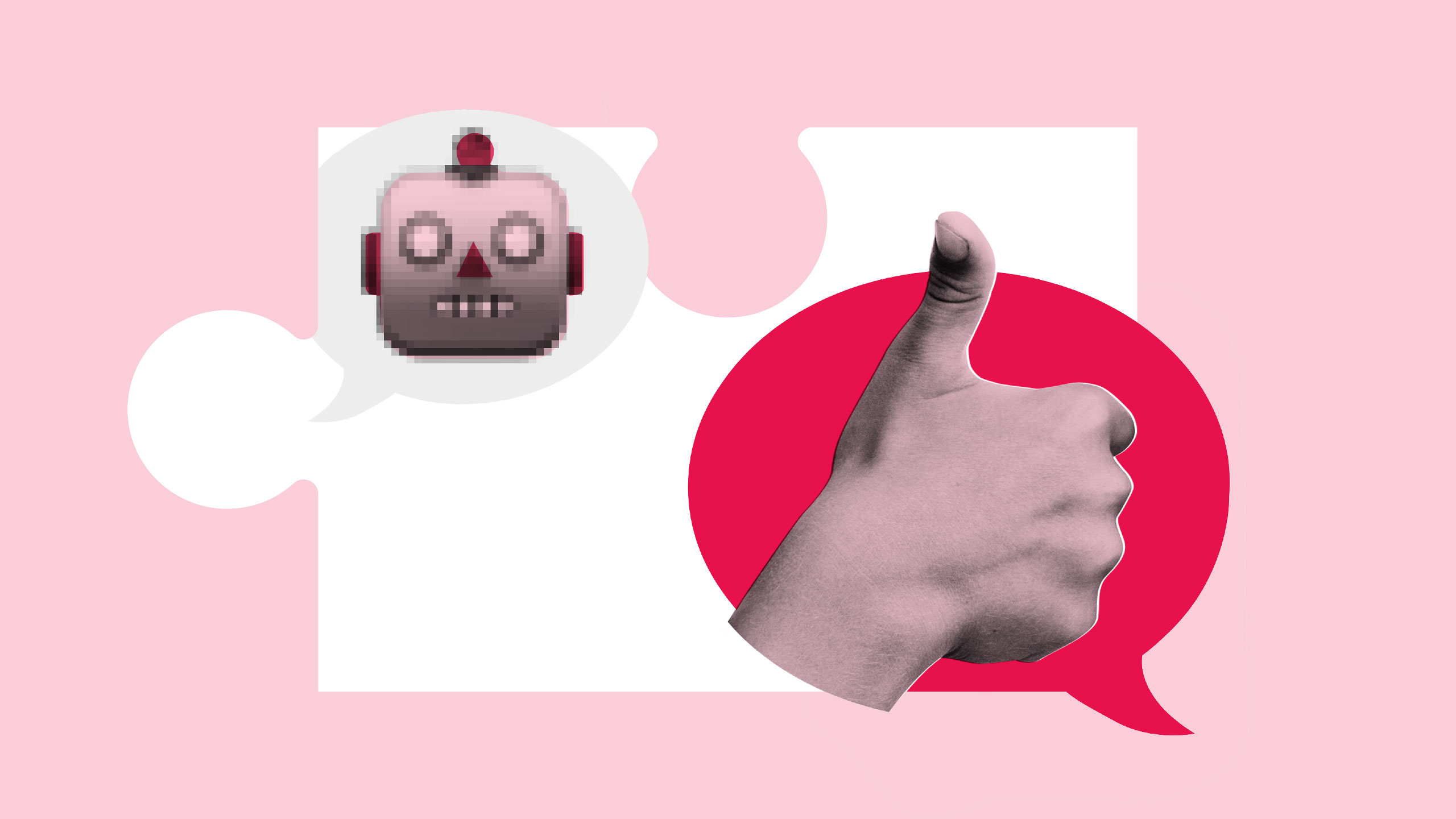


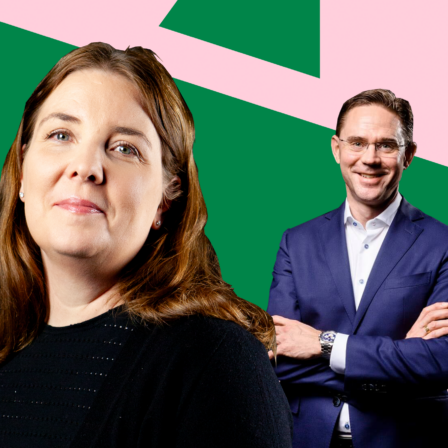
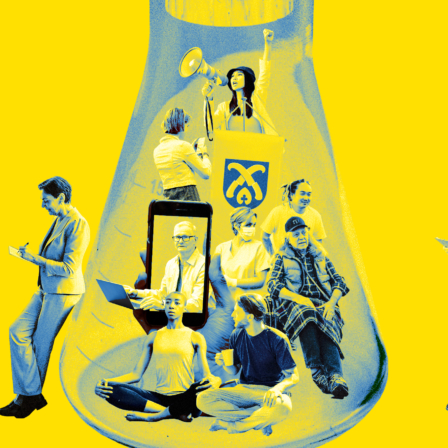
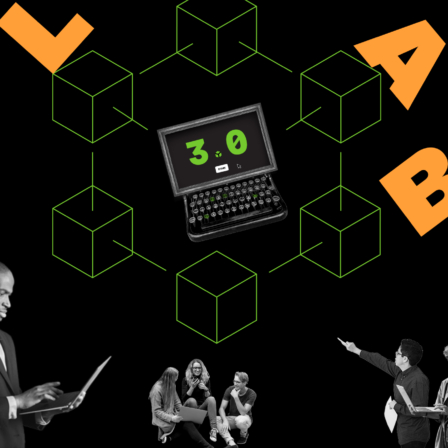
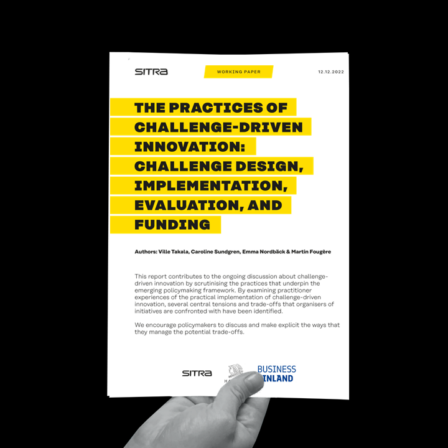
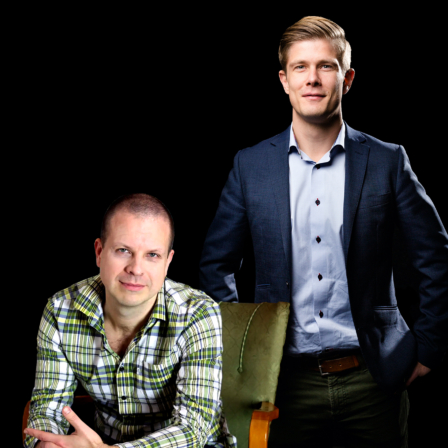
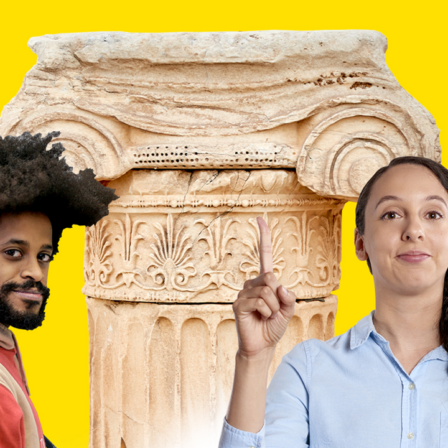
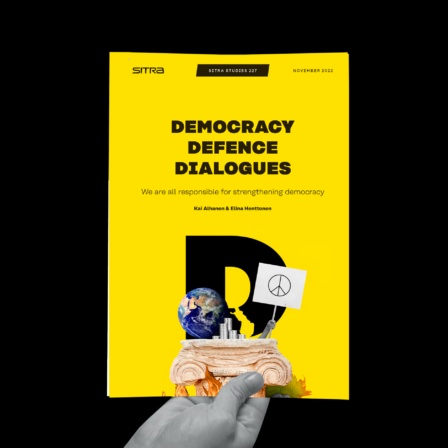


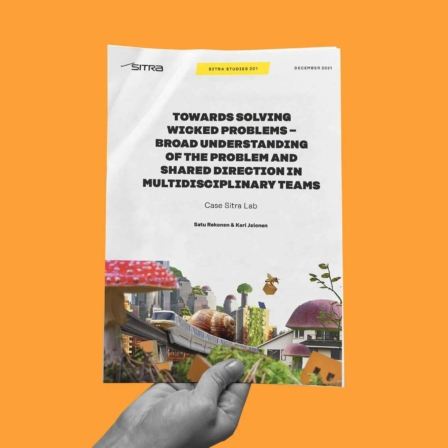


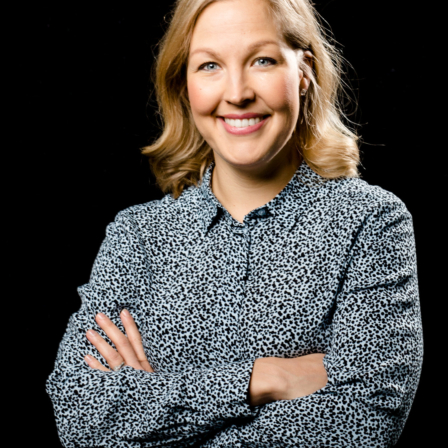
Recommended
Have some more.